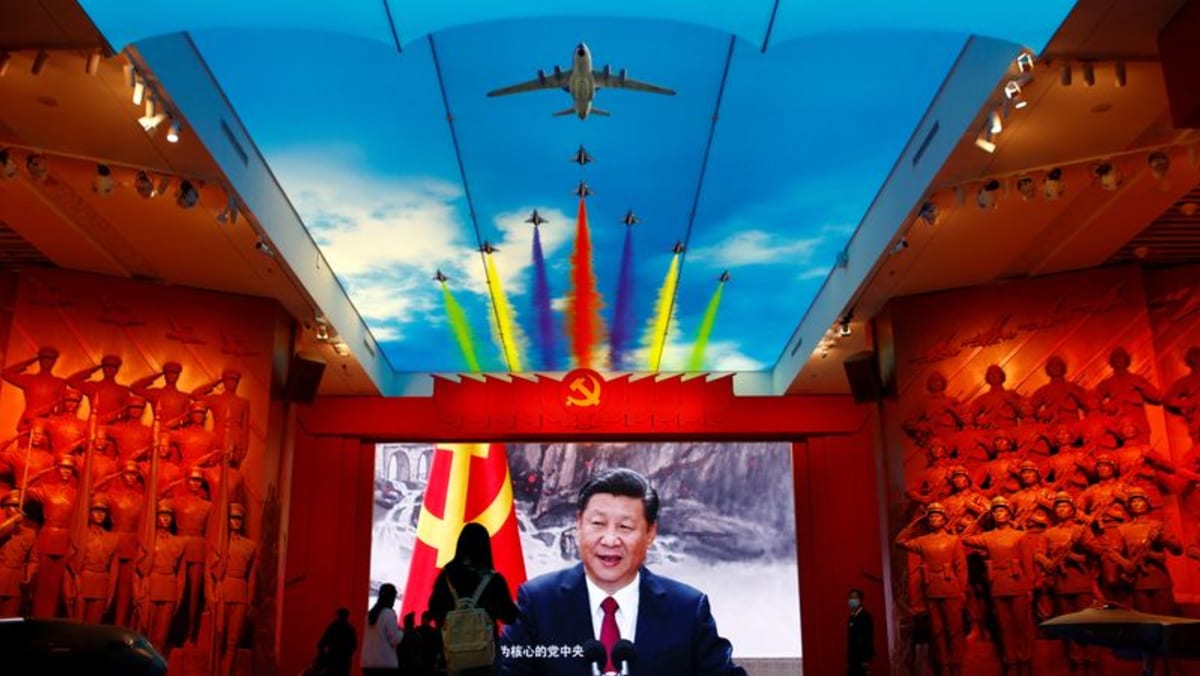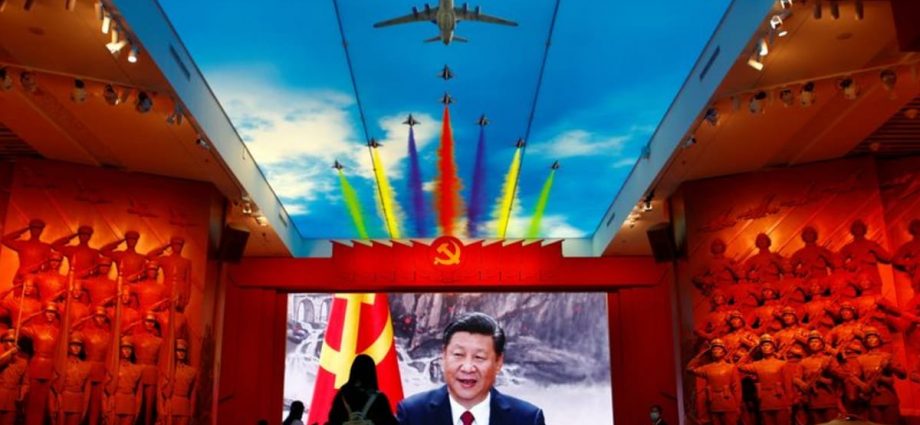
The Chinese Defence Ministry did not respond to questions from Reuters.
Some analysts and attaches described the commission as a tightly interconnected group that blends operational experience and political loyalty while maintaining a link to China’s last shooting war, against Vietnam.
Zhang, 72, is described in the Pentagon’s 2021 report on China’s military modernisation as a People’s Liberation Army “princeling” whose father served with Xi’s father at the end of the Chinese civil war in 1949.
One of Zhang’s proteges, General Li Shangfu, was also promoted to the commission. Crucially, Li has experience with the People’s Liberation Army’s digitised strategic support forces, a body that covers electronic, cyber and space warfare.
General He Weidong will serve as the second vice-chairman below Zhang. He was promoted to the position after his command of the reformed Eastern Theatre Command, which is responsible for Taiwan operations.
He oversaw the unprecedented military drills and missile tests surrounding Taiwan in August that Beijing unleashed to protest the visit to Taipei by US House of Representatives leader Nancy Pelosi.
General He is widely known to be connected to Xi through his service in the former 31st Group Army in Fujian during Xi’s time in that province, which faces Taiwan.
It is a background He shares with leading political commissar Admiral Miao Hua, who remains on the commission.
The new line-up straddles a military generation, given the promotion of General Liu Zhenli, who has been in command of forces around Beijing and has experience in the People’s Armed Police, China’s internal security forces.
Liu, 58, along with Zhang, has combat experience dating to the ill-fated conflict with Vietnam, which rumbled on to the late 1980s.
“That link to the problematic Vietnam campaign is a reminder that for all of the PLA’s advances in recent years, there is a glaring lack of modern combat experience,” said one Asian military attache, speaking on condition of anonymity.
“All the drills, exercises and parades can’t replace that. As cohesive as this team might be, there are glaring questions about the PLA’s ability to wage war – for them, and for those of us on the outside looking in,” added the attache, speaking on condition of anonymity because of the sensitivity of the matter.
Which member of the commission will serve as Defence Minister, replacing the retiring Wei Fenghe, will emerge when the National People’s Congress confirms a new governing team in March.
The position, which includes an extensive military-diplomatic role, is seen as less crucial than the work of the commission itself, which operates amid strict secrecy out of an imposing command centre in western Beijing.

